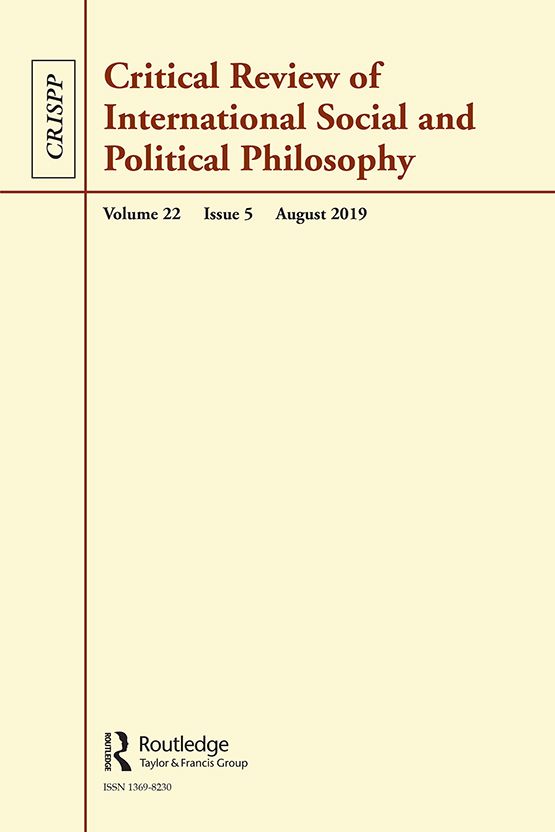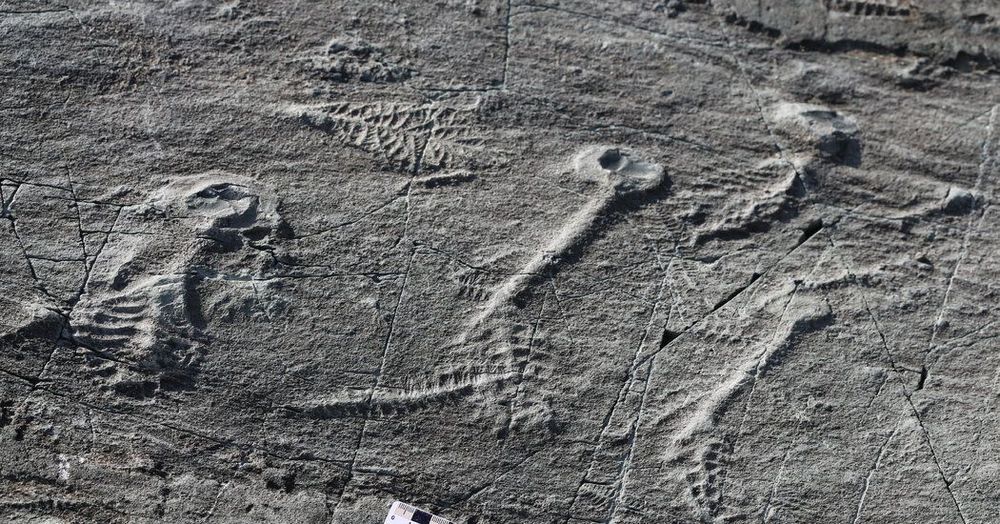Andrew Yang today announced the creation of Humanity First, an organization that will fund programs for universal basic income and data as a property right.






COSMOS: POSSIBLE WORLDS is helmed by Carl Sagan’s collaborator Ann Druyan, who boldly carries the torch forward with the 3rd season of the most beloved science show on the planet. Series premieres 3/9, at 8/7c, on Nat Geo; hosted by Neil deGrasse Tyson.
➡ Subscribe: http://bit.ly/NatGeoSubscribe
About National Geographic:
National Geographic is the world’s premium destination for science, exploration, and adventure. Through their world-class scientists, photographers, journalists, and filmmakers, Nat Geo gets you closer to the stories that matter and past the edge of what’s possible.
Get More National Geographic:
Official Site: http://bit.ly/NatGeoOfficialSite
Facebook: http://bit.ly/FBNatGeo
Twitter: http://bit.ly/NatGeoTwitter
Instagram: http://bit.ly/NatGeoInsta
COSMOS SEASON 3 TRAILER | National Geographic
National Geographic
https://www.youtube.com/natgeo
To date, teaching a robot to perform a task has usually involved either direct coding, trial-and-error tests or handholding the machine. Soon, though, you might just have to perform that task like you would any other day. MIT scientists have developed a system, Planning with Uncertain Specifications (PUnS), that helps bots learn complicated tasks when they’d otherwise stumble, such as setting the dinner table. Instead of the usual method where the robot receives rewards for performing the right actions, PUnS has the bot hold “beliefs” over a variety of specifications and use a language (linear temporal logic) that lets it reason about what it has to do right now and in the future.
YouTuber Tom Scott has a new video where he stands in front of a laser and stops it in midair. “Can this burn me?” he asks the guest expert at one point. (The answer is just, “Yeah.”)

I’m nothing… You are nothing… We all nothing…